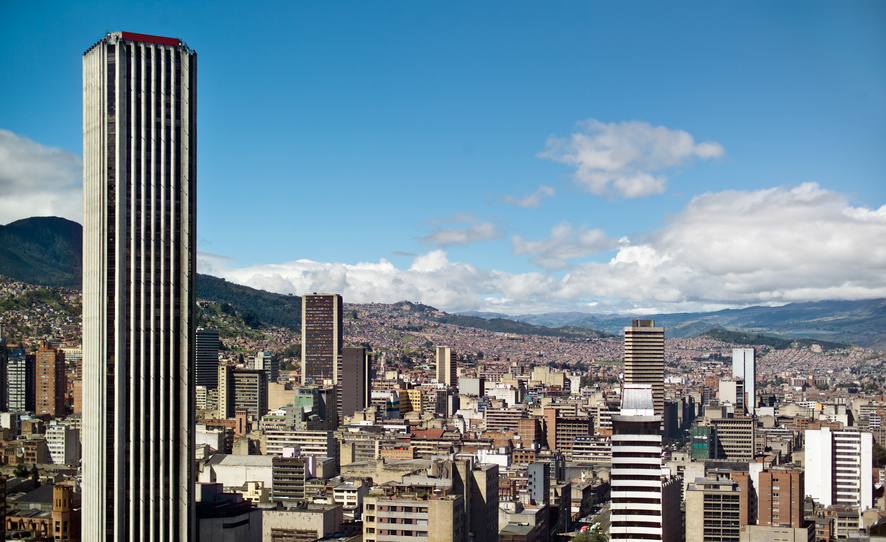The Superintendence of Companies, through its External Circular No. 100-000003 of 23 April 2024 (hereinafter the “Circular”), extended the deadlines for the Chambers of Commerce and Foreign Non-Profit Entities (in its acronym in Spanish “ESALs”) to implement the Integral Self-Control and Risk Management System of money laundering, terrorism financing and financing of the proliferation of weapons of mass destruction and Business Transparency and Ethics Programs. The new deadline is on 31 May 2025.
In a recent decision, the Superintendence of Companies determined that an Excel-based risk matrix of the Self-Control and Integral Management System of Money Laundering, Terrorism Financing and Financing of the Proliferation of matrixes and of the Business Transparency and Ethics Program was insufficient because it did not allow to individualize, measure, assess and mitigate the risks identified.
The Superintendence of Industry and Commerce through Resolution No. 17526 of 2024 established the new fees for merger control procedures applicable during 2024. The parties must pay the applicable fee depending on the type of procedure: fast track notification, pre-assessment request phase I or pre-assessment request phase II. These new fees will be effective as of the date of publication of the resolution and the amount must be paid prior to the filing of the application before the SIC.
On 21 March 2024, the National Government issued the Decree 390 of 2024, by which it established the procedure for granting the Leniency Program in transnational bribery and corruption (“Leniency Program”) matters. Under the Leniency Program, it is possible to obtain full or partial immunity from possible sanctions for corruption and transnational bribery. In order to obtain the benefits of the Leniency Program, the company must provide relevant information on the aspects of the commission of such acts and the benefits obtained.
In the last few days, the Superintendence of Companies ( “SoC”) has begun to invite various companies under its surveillance and control to participate, on a voluntary basis, in a diagnostic exercise on the implementation of sustainable practices. This is in accordance with Chapter XV of the Basic Legal Circular of the SoC: “Administrative Recommendations for the Submission of the Sustainability Report”.
The Superintendence of Industry and Commerce, the sole authority for competition protection in Colombia, issued a Guide to Provide Orientation in the Implementation of Competition Compliance Programs. Although the Guide has a doctrinal scope and does not impose obligations, its publication allows the market to understand the vision that the SIC has on the relevance of these types of programs, the benefits of implementing them, and the key elements that they should contain and develop. In this way, the SIC highlights the value of these programs as a mechanism for the prevention and early detection of anticompetitive conduct.
On February 23 2022, the Colombian National Government issued Decree 253 (the “Decree”), modifying the regulation concerning antitrust leniency programs, known in Colombia as the Collaboration Benefit Program (“CBP”), applicable in administrative investigations conducted by the Superintendence of Industry and Commerce in regards to anticompetitive practices.
This modification is intended to strengthen the CBP as a mechanism for the Superintendence to detect and sanction any conduct that might affect competition, while discouraging the creation of and participation in cartels.
On 18 January 2022, the Colombian Government enacted Law 2195 of 2022, which adopts measures for transparency and corruption prevention. These measures entail significant changes in relation to competition protection such as modifications to the fines applicable to individuals and companies and to the leniency program.


